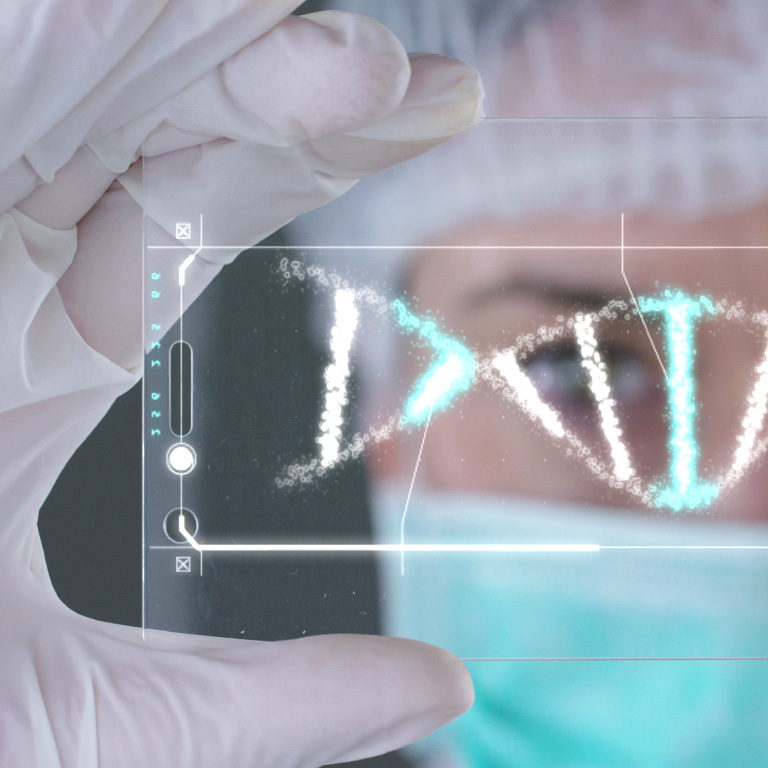


The team found through previous work that common diseases are characterised by unique patterns of gene expression (the process of DNA information being converted into instructions for cells to make proteins and other molecules). When a disease is associated with the switching on and off of genes in a patient’s blood, it forms its own ‘gene signature’. The team’s earlier studies identified bacterial infections with a 95-100% accuracy using this method.
Over the course of the project, thousands of patients with conditions caused by infection and inflammation will be recruited from across Europe. Measuring their gene signatures will be done using both existing devices and new prototypes, such as lab-on-chip technology, to measure in the blood the number of RNA molecules each gene is making. The DIAMONDS team have termed this innovative approach Personalised Molecular Signature Diagnosis (PMSD).
This new PMSD-based care will transform the management of suspected infectious or inflammatory diseases, by driving more efficient and equitable organisation of the way care is delivered to the large numbers of patients presenting with symptoms of infection or inflammation.
“The EU has been our most valuable source of funding and has enabled us to establish a wonderful network of researchers in different countries working together, with exchange of ideas and movement of young scientists between countries.
We were able to pull in expertise of the best laboratories from across Europe. It opened up a new way of doing research that wouldn’t have been possible without the EU funding.”
Professor of Paediatrics & International Child Health, Mike Levin
DIAMONDS Principal Investigator
Imperial College London, UK

Over the next two years, the team will build a data library of the identifiable gene signatures of common inflammatory and infectious diseases. This gene signature library will be publicly available. By comparing the pattern of genes in a patient’s blood sample to the hundreds of gene signatures in the library, diagnosis can be made rapidly.
DIAMONDS is the culmination of over a decade of collaborations with partners across the globe and nearly €60 million in EU-funding. Three projects, ILULU, EUCLIDS, and PERFORM are the predecessors of DIAMONDS, with PERFORM still active (closure in December 2019). EU funding has paved the way for early studies and collaborations with partners across Europe. The team developed ground-breaking research in these projects including successfully identifying the gene signatures for tuberculosis and Kawasaki disease.
Learn more about our research history
This project has received funding from the European Union’s Horizon 2020 research and innovation programme under grant agreement No. 848196